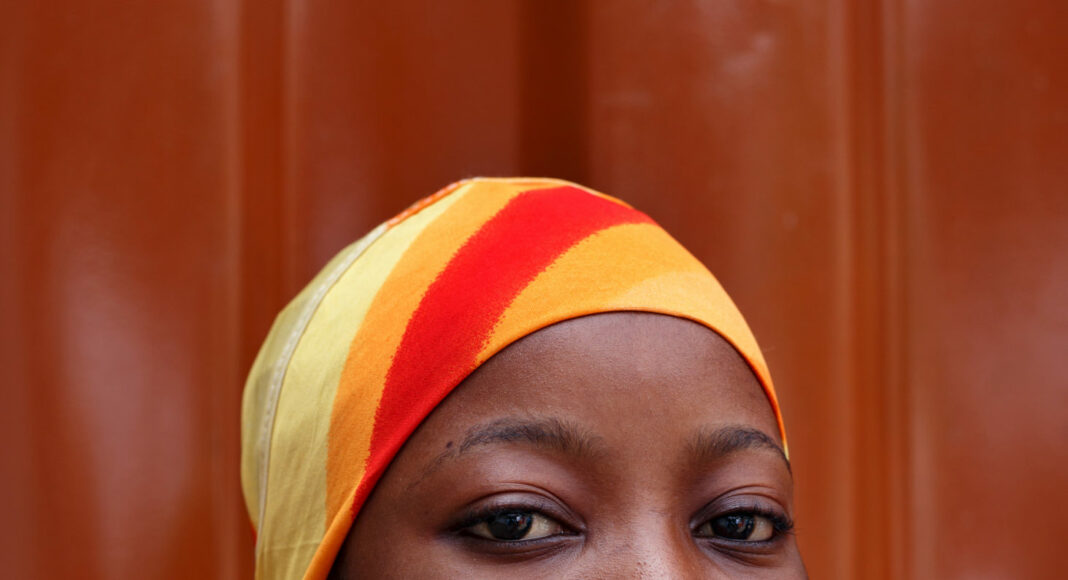Photographs and text by Misper Apawu
Ghanaians went to the polls on December 7 to vote in presidential and parliamentary elections. Incumbent President Nana Akufo-Addo bested his rival John Dramani Mahama with 51.59 percent of the vote against Mahama’s 47.36 percent.
Mahama has rejected the results, saying they were “fictionalized results of a flawed election.” Elections in Ghana have been held every four years since 1992, and since then, the country has gained a reputation as a harbinger of democracy.
Here, first-time voters in Accra share their experiences and reasons for casting votes during 2020 Ghana’s presidential and parliamentary elections.
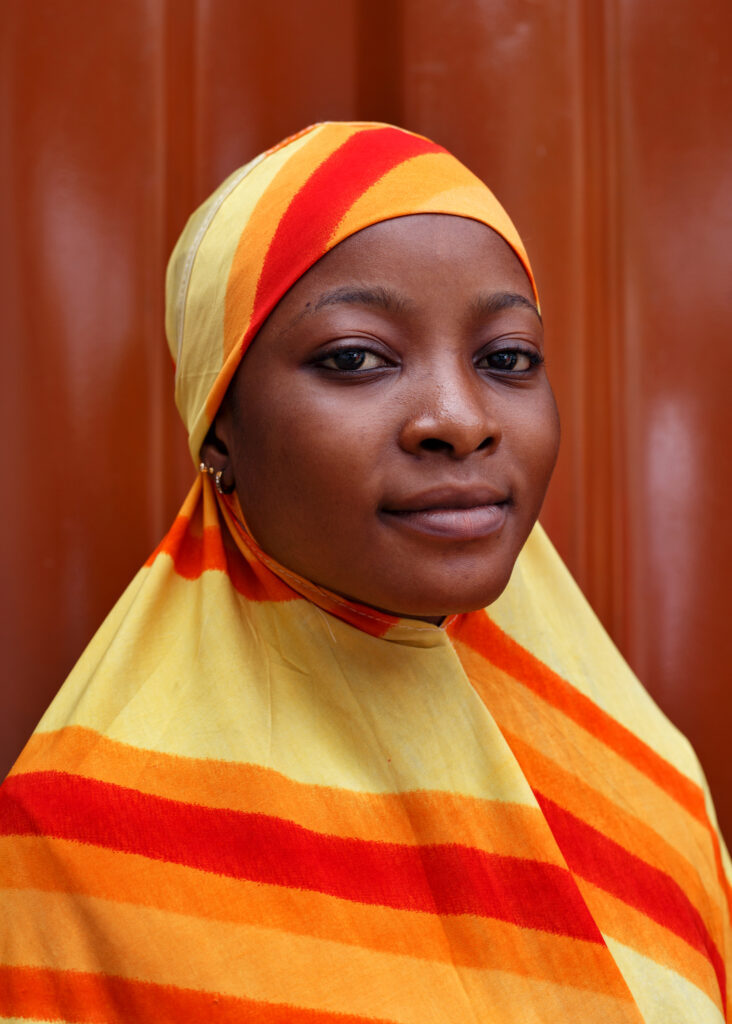
“I don’t have any reason to cast my vote apart from it being my right and duty as a Ghanaian. Even though it’s my first time, I believe there’s transparency. I can’t foresee this election having a change in my life, it’s the same old policies. Compared with other African countries, I think Ghana has continuously proven that we are the radar of democracy.”
– Mariam, 19
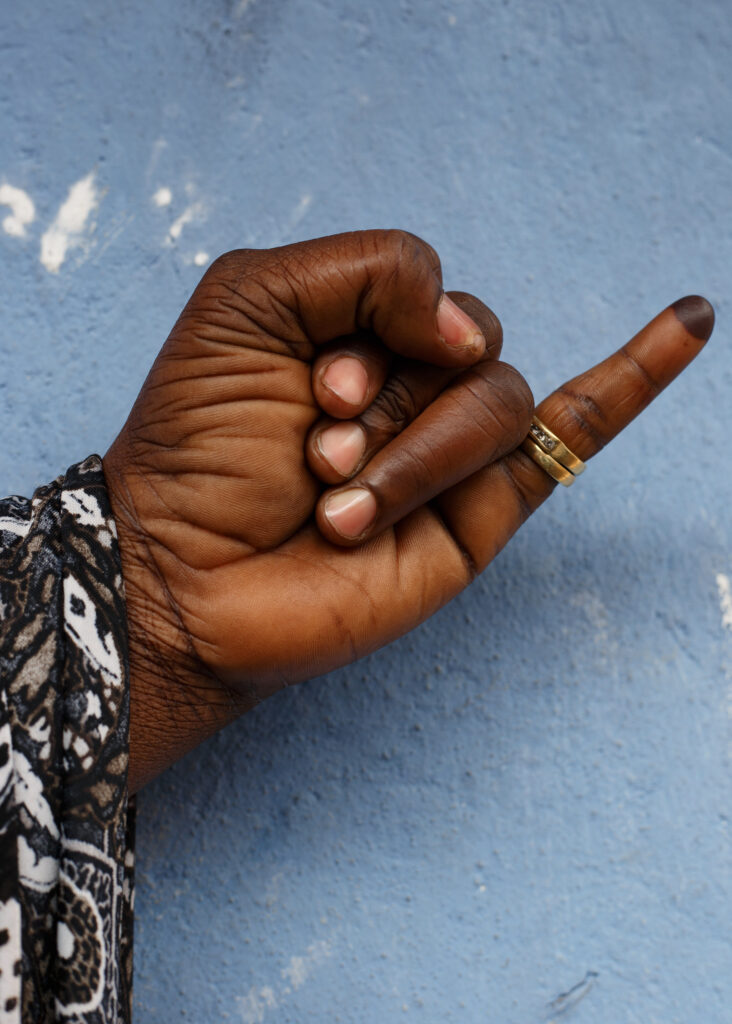
“I didn’t want my face to be shown because my husband will be surprised to see I went to cast my vote. I promised never to vote but I think the system is not working as expected, so I decided to come out for the first time since age 18 to vote for change. The election didn’t go in my favor, so I don’t see it changing my life positively. There’s too much corruption everywhere, the system is not working. Some powers must be taken away from the President, such as the power to appoint Electoral Commissioners, or else our reputation of democracy will be dimmed.”
– Sadia, 42
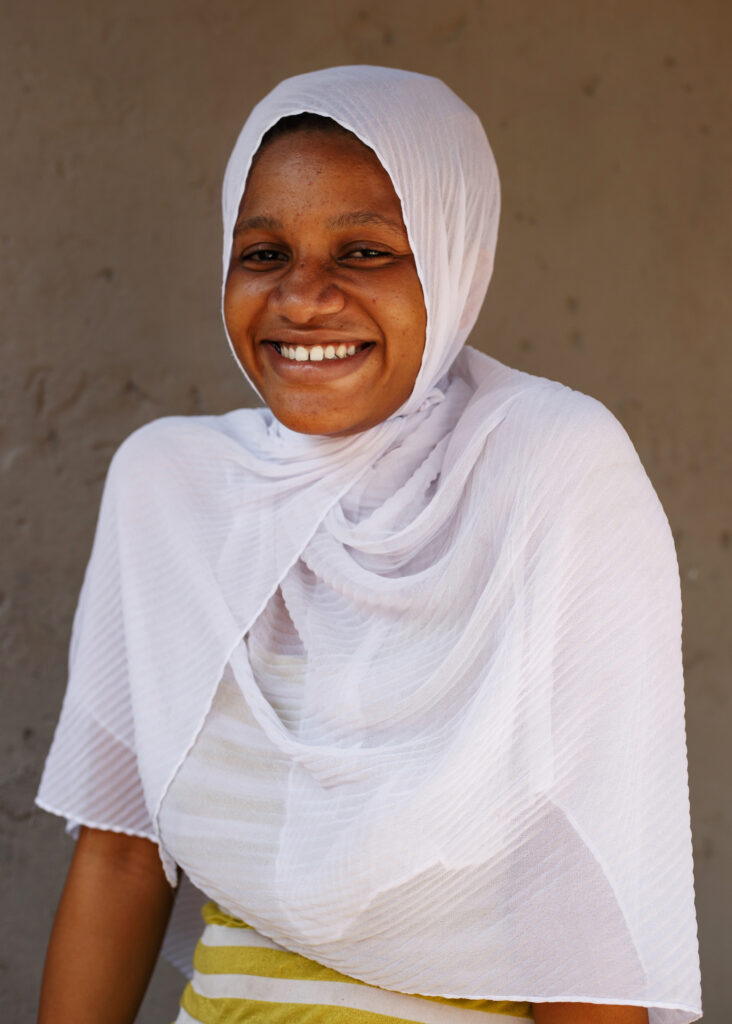
“It is my civic responsibility to vote as a citizen, even though I was nervous during the process. I think the practice of democracy in most parts of our continent is terrible, that’s why our country is seen as a model. There’s a saying that ‘In the land of the blind the person with one eye is king’.”
– Ramatu, 18
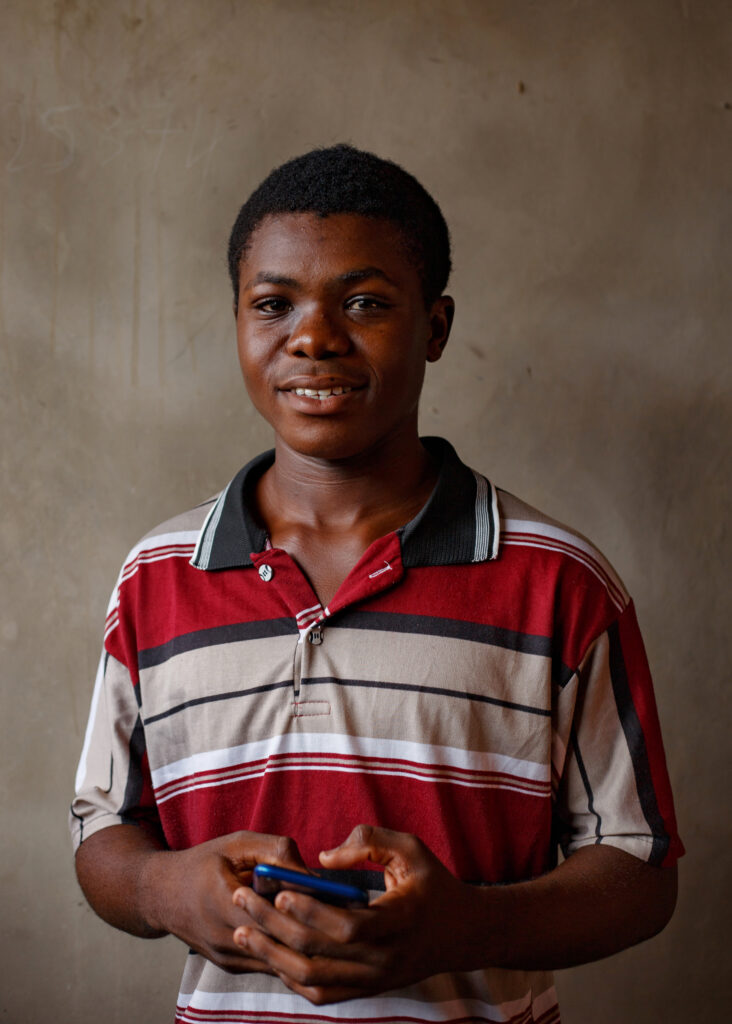
“I voted because I want Nana Addo to retain the seat. But if it doesn’t go in his favor, I will be fine because the opposition also promises to make tertiary education free. The election won’t change me personally because I have already benefited from their free Senior High School policy. Our reputation of being a model of democracy is well earned. Looking at the political history of the country and the region as a whole, comprehensively Ghana stands out with regards to issues relating to democratic governance and leadership.”
– Elijah, 18
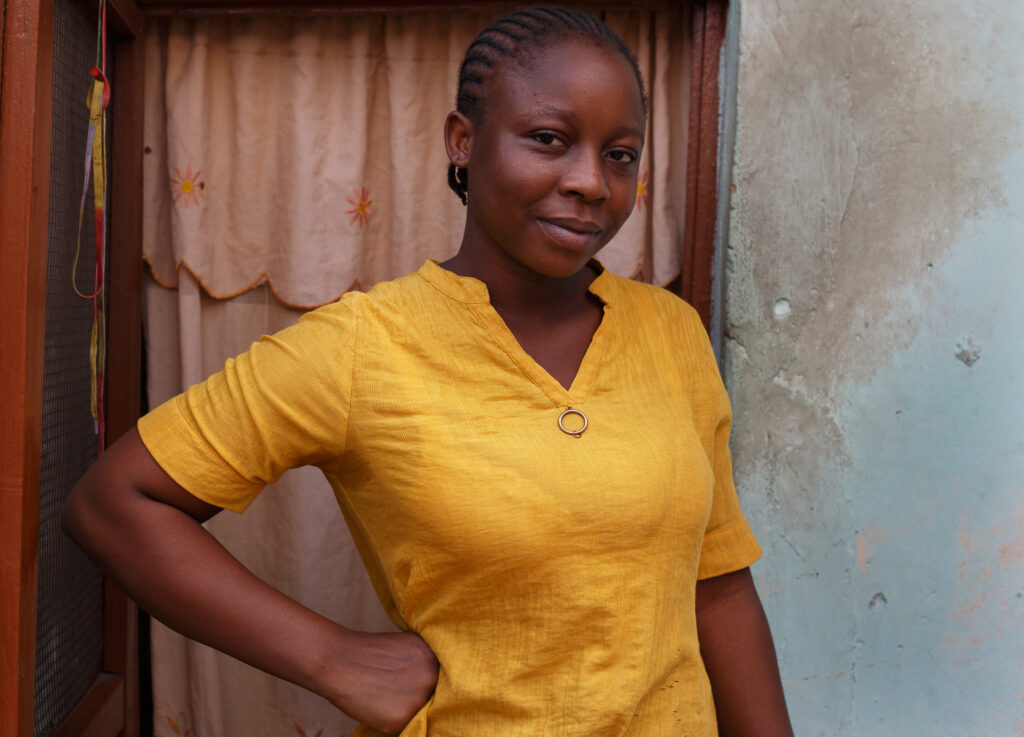
“I was excited to vote for the first time to be part of decision making as a citizen. I voted because of the free Senior High School policy. Previously the queue scared me off, but I was able to cast my vote within five minutes this time. I’m proud I did. My life will change, but not instantly. When my kids start to benefit from the free Senior High school policy, school fees burdens will reduce. We have had successful elections from 1992 up to date and there have been peaceful transitions during the period so I believe all eyes are on us.”
– Naomi, 28
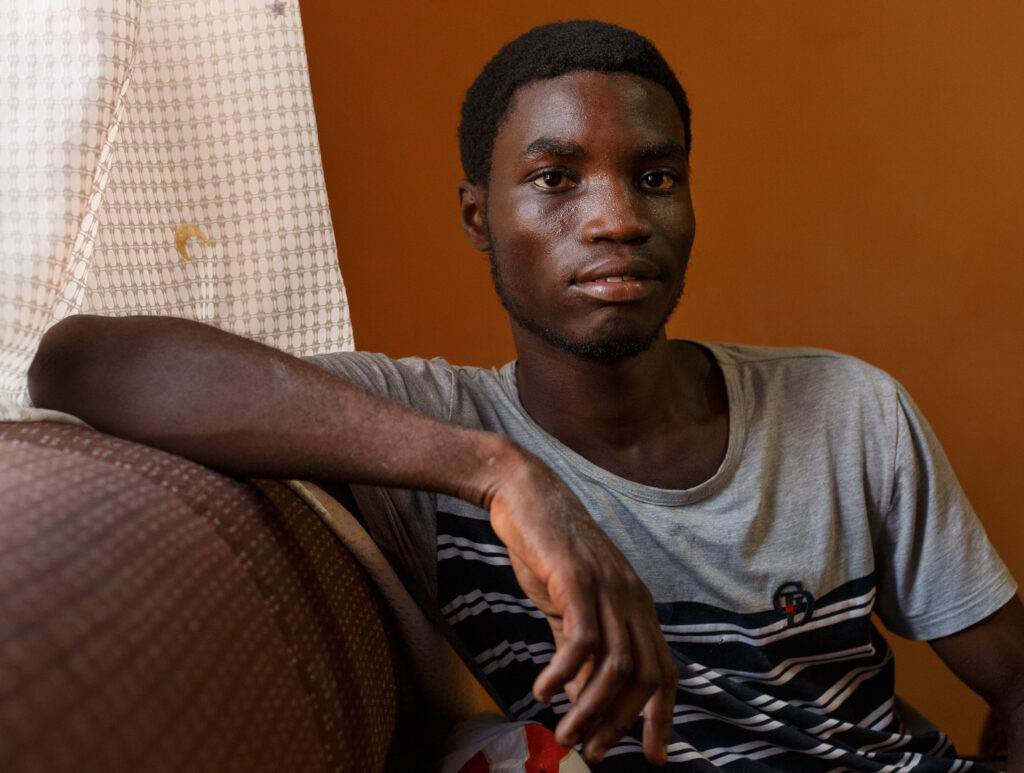
“The process was fast and in less than ten minutes I was able to cast my vote. The polling station was quiet and that boosted my confidence level. First of all, it’s my right to vote, I voted based on Free SHS policy. I’m not a beneficiary, but I know many people will get the chance to go to school for free. Personally, the election results won’t change my life, I don’t see any of their policies that will benefit me directly. I believe our reputation on democracy is well earned because citizens can have a say without intimidation.”
– Phenihas, 20
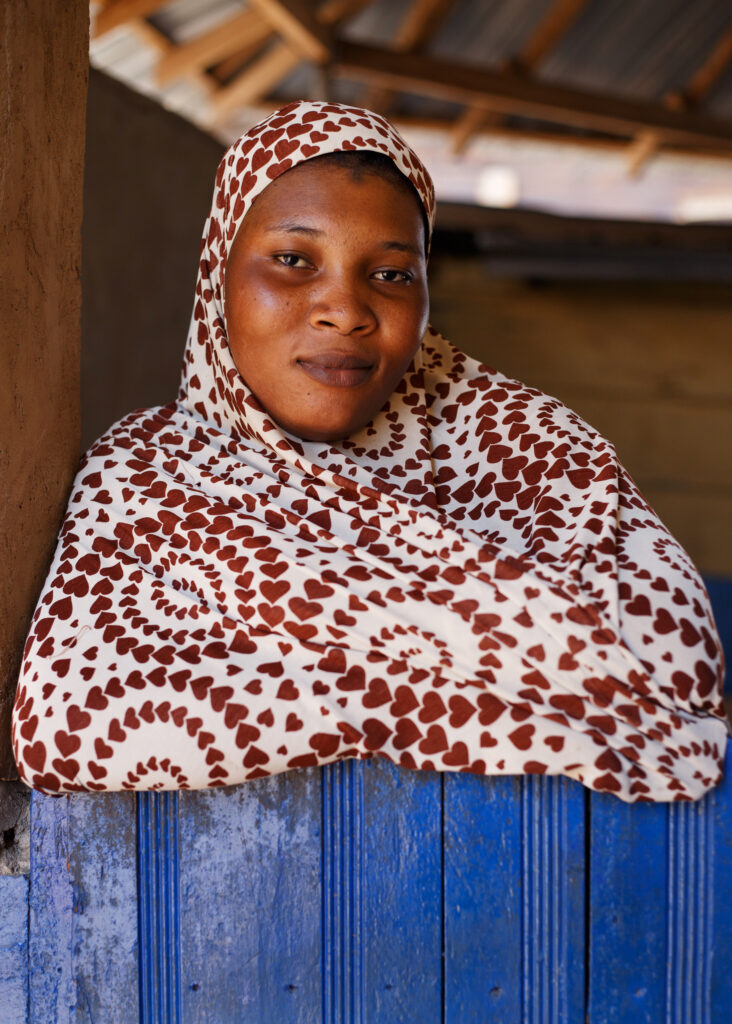
“I voted because I like John Dramani Mahama, and most importantly, the okada (motorbikes) legalisation he promised when he comes to power. For now, I can’t say the election will change my life, it’s too early to say anything about this but we hope for the best. Ghana’s reputation as a model of democracy is well earned until the Electoral commission chairperson recently in the 2020 election tarnished this reputation we’ve been holding for years. The mistakes in the declaration undermine the integrity in our democracy and communicate a strong sense of weakness in our electoral system.”
– Salamatu, 23
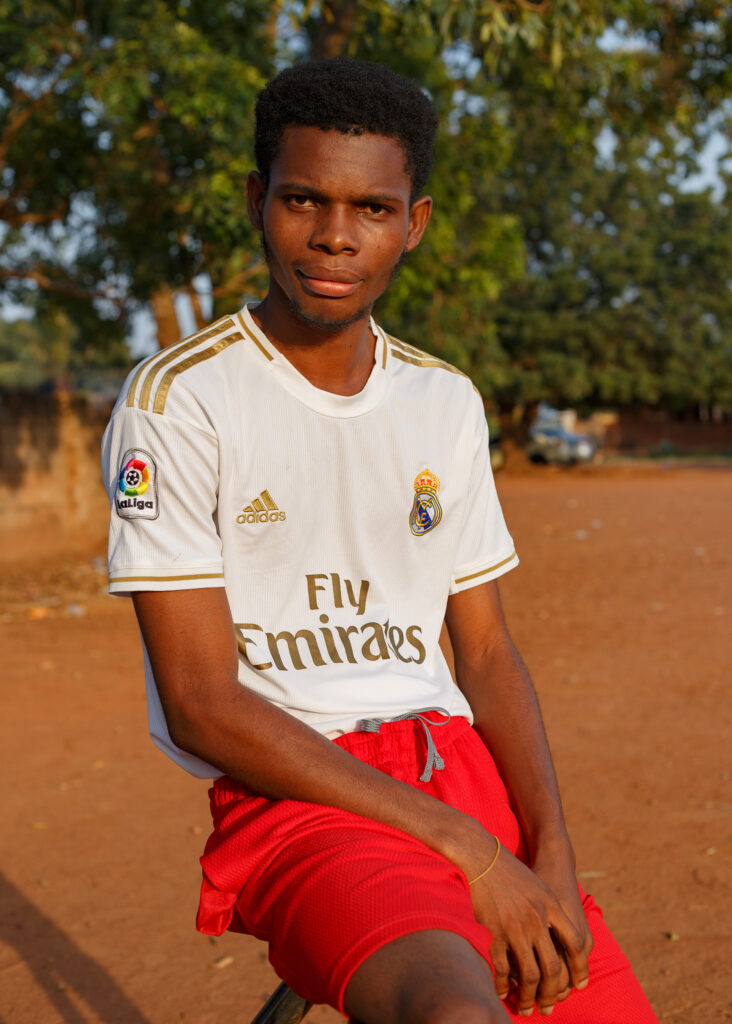
“Even though I was confident, the procedures were confusing initially. I got an assistant from the presiding officer. I voted because I have the right to do so. I believe the election will change my life because I have siblings who will benefit from the free Senior High School policy, which will lessen the burden of supporting my parents to pay their fees. We are the model of democracy because we are allowed to have a say as citizens which other countries from the same continent are deprived of.”
– Emmanuel, 22
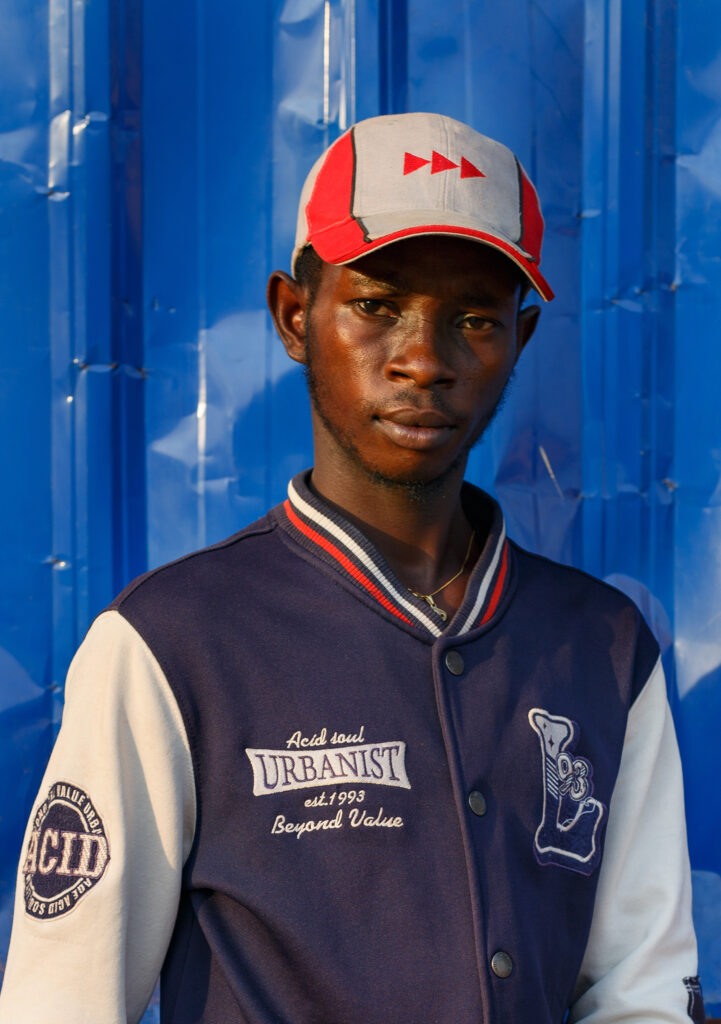
“I was oriented and briefed as a polling agent. That gave me much confidence to execute my duties properly and be part of a peaceful voting process at my polling station. My family is affiliated to a particular political party and this has a huge influence on my decision making as a first-time voter; I voted because I belong to that party. I don’t believe this election will change my life because we have experienced this governance for four years and I don’t see anything new coming on board. Partisanship has taken over the system. We would have maintained our integrity but our institutions aren’t working.”
– Philip, 23
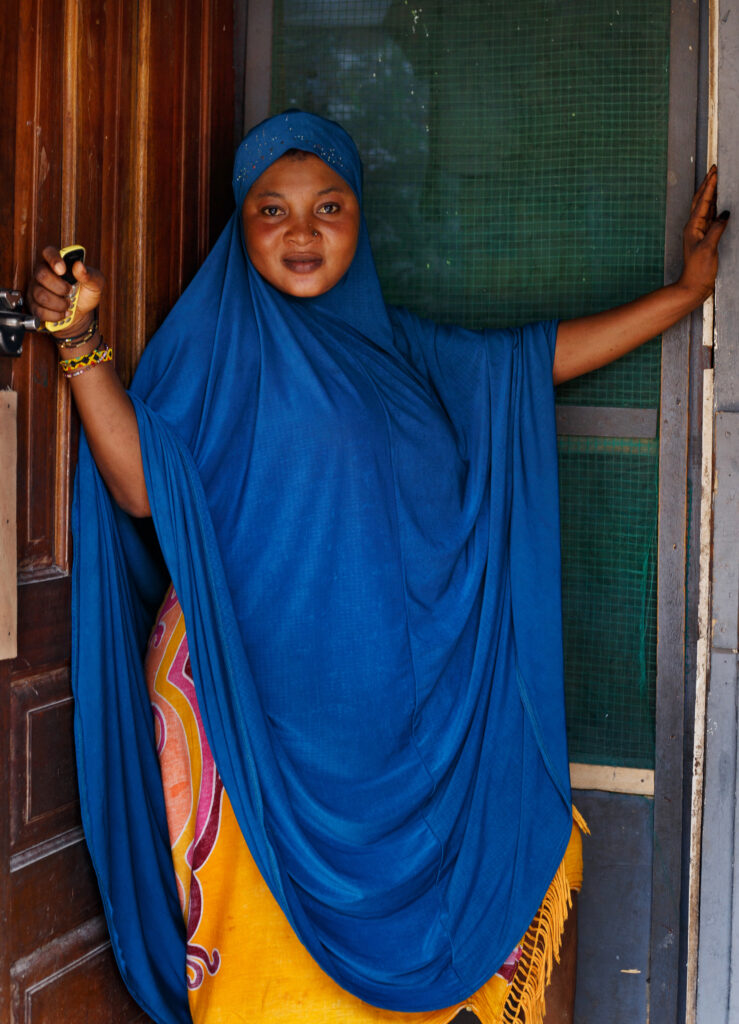
“I wasn’t timid at all, because I believe in myself to do the right things at the polling station. I just felt like voting, but I’m hopeful John Mahama wins, because during his tenure of office, living standards were better. I feel sad at the moment, I don’t believe my life will change. That was why I voted for change but unfortunately it didn’t happen. I think our reputation as a model of democracy is gradually becoming invalid. Everyone put himself ahead of the nation. We are all selfish and corrupt. There’s no more patriotism.”
– Hawa, 26

